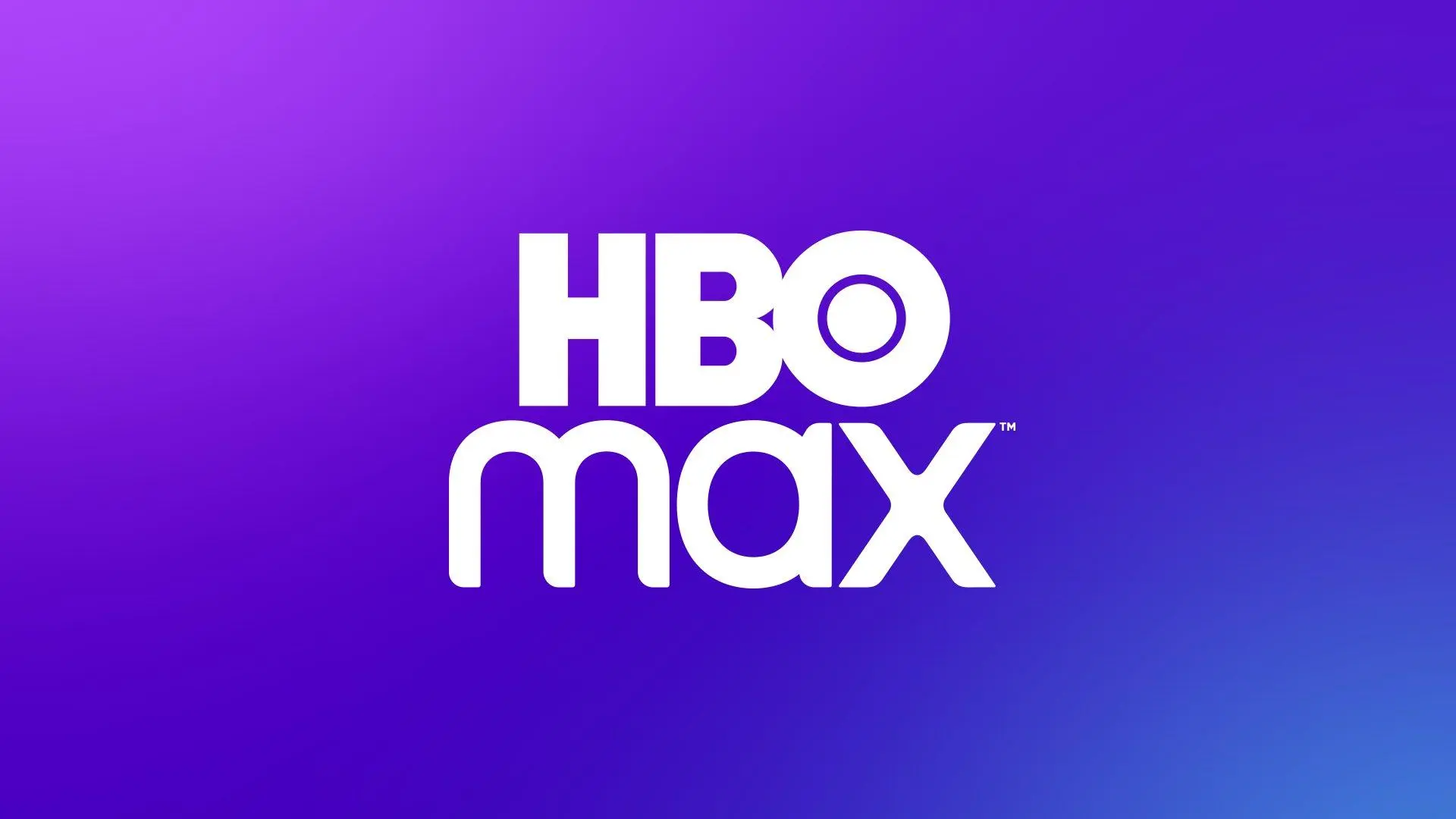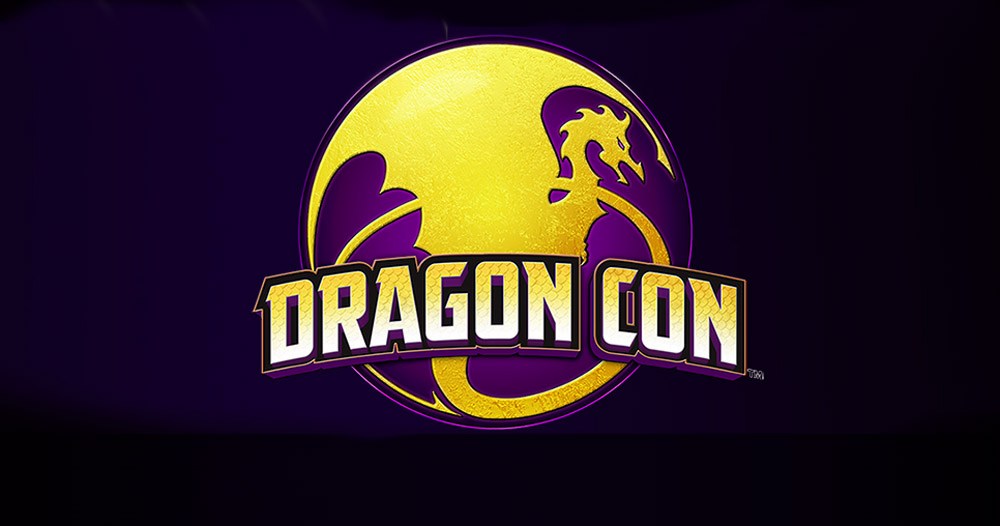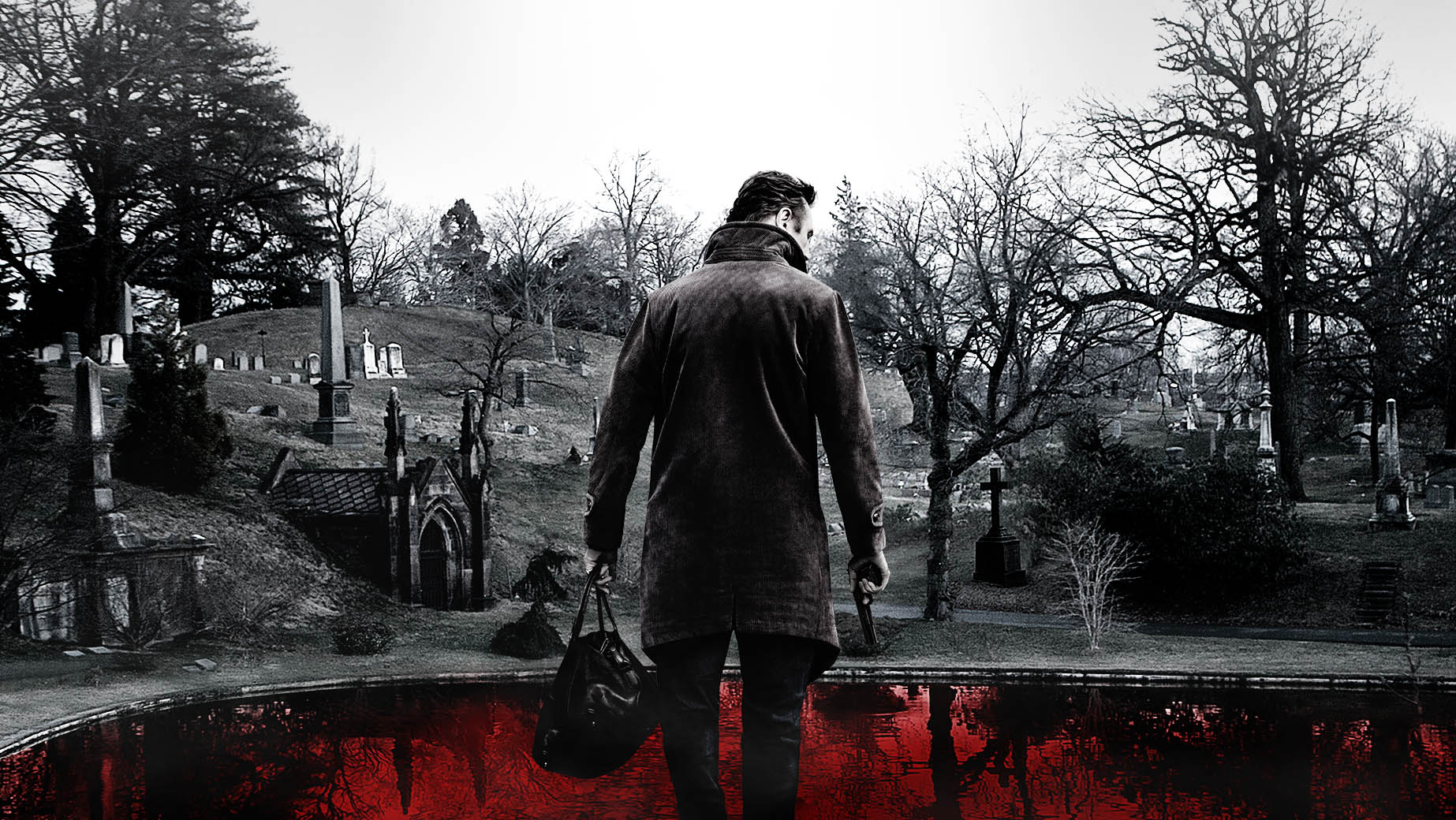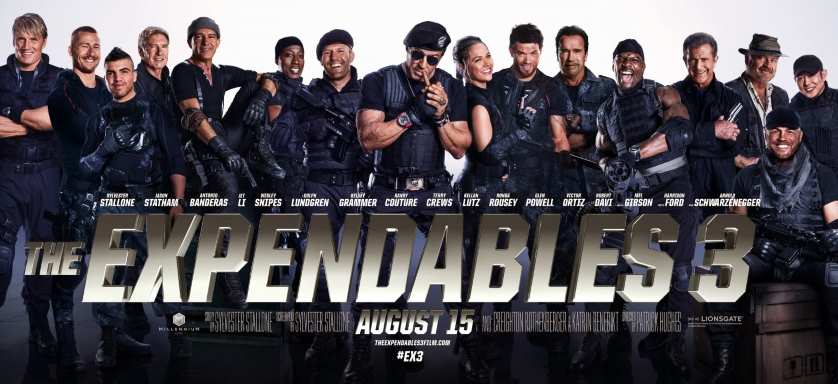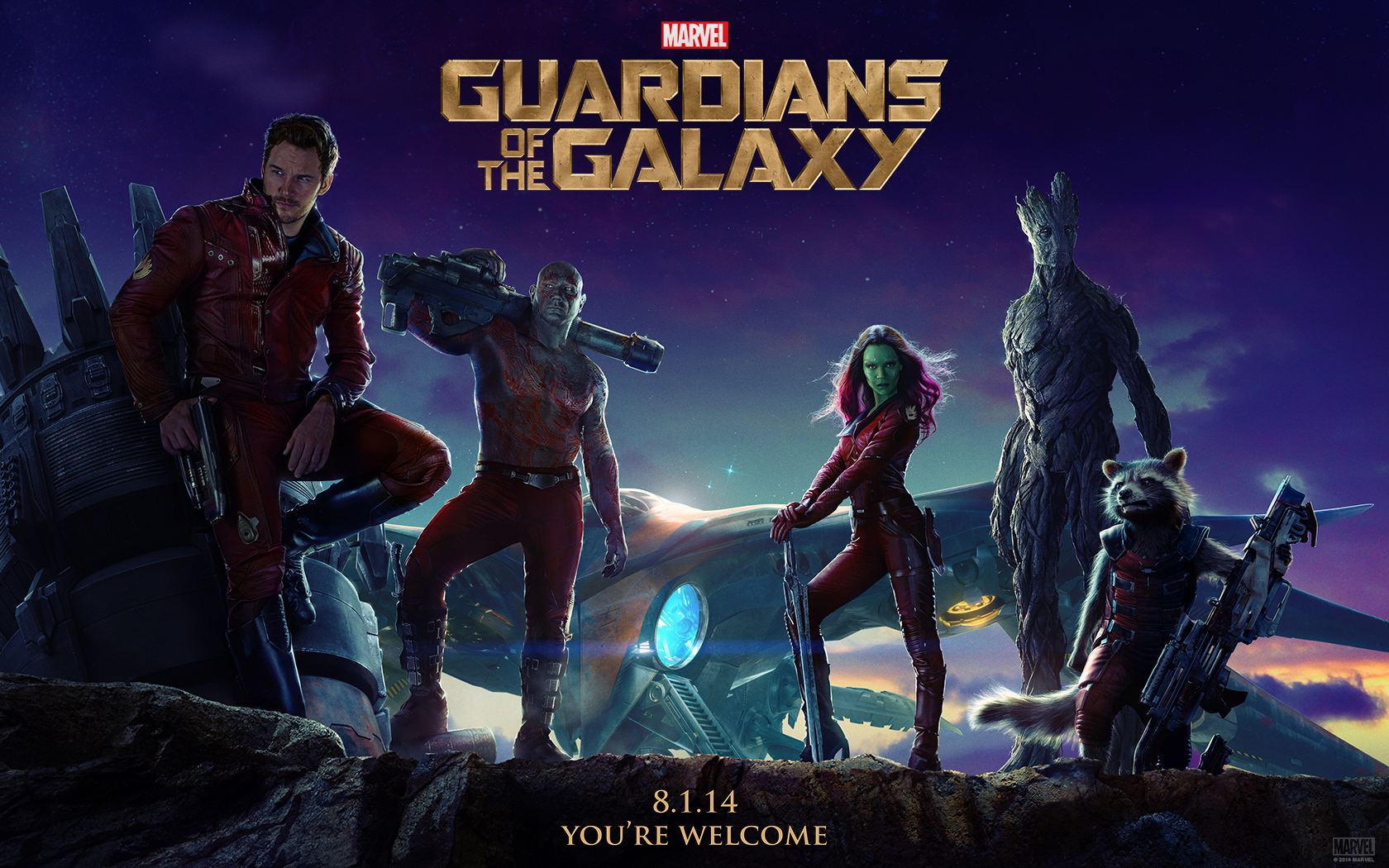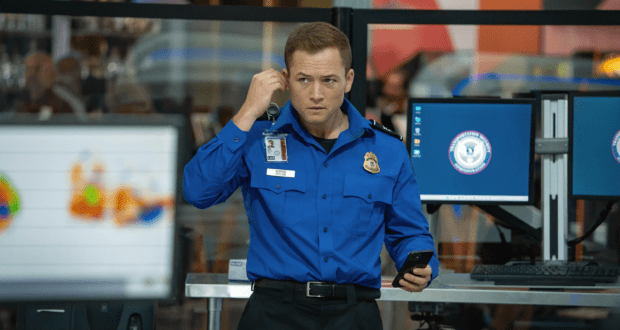Directed by: Joss Whedon
Written by: Joss Whedon, Zak Penn
Cast: Robert Downey, Jr.; Chris Evans; Mark Ruffalo; Chris Hemsworth; Scarlett Johansson; Jeremy Renner; Tom Hiddleston; Samuel L. Jackson
Genres: Action, Adventure, Sci-Fi
MPAA Rating: PG-13
Synopsis: In The Avengers, Nick Fury, director of the peacekeeping organization S.H.I.E.L.D., recruits Iron Man, Hulk, Thor, and Captain America to form a team that must stop Thor’s brother Loki from enslaving the human race.
Elliot’s Review:
When Marvel stepped in and really started to dictate how their superhero movies played out. I often wondered would the eventual The Avengers film live up to the hype? I was sold when Iron Man (2008) first came out and remember thinking to myself, “Finally, they did a comic book movie right.” Then the after credits scene for that film happened and suddenly we were told, ‘The Avengers’ was going to become a reality.
From that point forward, Marvel took great strides to really establish its character universe. It was a big undertaking, a large amount of commitment but more than that. It began to build up an intensely huge level of expectations. Thinking back to 2008, when Iron Man came out, I remember being in disbelief that such a film could ever be made. It wasn’t skepticism, it was me just being cautiously optimistic. A film of that size and scope just required too much.
But simply put, Marvel was absolutely serious.
Marvel rebooted Ang Lee’s Hulk (2003) into The Incredible Hulk (starring Edward Norton). This film released a month later after Iron Man and suddenly seeing Robert Downey Jr. in an after credits scene wasn’t just a simple cameo anymore. Then in February 2009, it was reported that Samuel L. Jackson had signed a nine picture deal to play Nick Fury. Then the following day Marvel announced that The Avengers would in fact be released on May 4, 2012. Over the next three years the casting of Chris Hemsworth, Chris Evans, Scarlett Johansson, Jeremy Renner and Mark Ruffalo (replacing Edward Norton) would happen along the way.
And it wasn’t just a commitment to play a role by these actors, it was franchise commitments in the tune of a minimum of six films for some. And suddenly Marvel wasn’t just absolutely serious, they were dead serious. Their plan was aggressive, as Iron Man 2 (2010), Thor (2011) and Captain America: The First Avenger (2011) would all be released before The Avengers (2012). With the purposeful task of establishing the Marvel universe.
The thing about Marvel’s superhero movies today, is that they have all inherently become pre-requisites. If you didn’t watch Iron Man (2008) and stay for the after credits, you never saw Nick Fury get introduced. If you didn’t watch The Incredible Hulk (2008), you didn’t learn about gamma radiation. If you didn’t watch the sequel Iron Man 2 (2010), you didn’t learn about Tony Stark’s character defects. If you didn’t watch Thor (2011), you didn’t learn how in the Marvel universe, both science and magic are one and the same. And if you didn’t watch Captain America: The First Avenger (2011), you didn’t learn about the super soldier serum. I’m glossing over an obvious plethora of details both minor and major, but that’s the point, establishing The Avengers has been no small feat.
The last four years of film have been interesting in respect to the superhero genre. It has been a clamour to release, reboot and sequel ‘comic book characters’ which have the potential to become franchises on their own. Yet when the idea is proposed to envelope all these franchises into one film, just how do you do it? And what does that say about superhero movies going forward? What does that say about the individual franchises created? Does the all-in-one superhero movie basically become the ultimate franchise? Does it become the best superhero movie ever made? Like it or not, those are and were the expectations that The Avengers (2012) built.
For myself, The Avengers film is a culmination of what Marvel has so feverishly worked to create whilst sacrificing its own individual franchises along the way. By that I mean, there comes a point where cameos are no longer cameos, in the comic books they call it a ‘crossover’. Seeing established characters from other films interject themselves into another individual’s franchise. In Iron Man 2, Nick Fury isn’t just a cameo. He actually plays a presence to help determine the outcome of the film. In Thor, S.H.I.E.L.D isn’t the witty description by Agent Coulson in the first Iron Man movie, it’s an actual entity used to establish magic and science in the Marvel universe. And in Captain America: The First Avenger, the Tesseract which serves as the main plot point of The Avengers film itself is introduced. However, films and comic books are different mediums. And at some point the notion of shoehorning ‘The Avengers’ subplot into these individual franchises became an experiment for Marvel itself.
For some it might simply be rating which movie was better. Was Iron Man better than Thor? Was Iron Man’s sequel worse than its initial film? Was Captain America better or worse? Where would you place The Incredible Hulk? And so forth. For myself, it’s a issue of where films could’ve been stronger individually, but were sacrificed with the necessity to establish The Avengers. And that’s essentially where my critique and inherent review of The Avengers stems from. This overarching plan from Marvel, because rest assured the release of The Avengers is only the beginning.
I’m probably going to be more of the ‘Russian’ judge amongst my TMB peers and will actually start with my rating of The Avengers.
I give it a 7 out of 10.
However, don’t let my score dissuade how this film is without a doubt an incredibly fun experience. Also let me get this out of the way, save the couple bucks and skip watching it in 3D (not worth it). I enjoyed the fact that the movie had length with it’s runtime of 143 minutes. It’s necessary, it’s required and the runtime alone will tell you what to expect. The initial establishment of the villain, the recruitment of all the players and the development of a story whereby as a film it can make sense. If there is one aspect of The Avengers that I truly give a high grade to, it is Whedon’s sense of balance he provides to each and every character. In a film with an all-star cast, he does a masterful job of giving not just enough, but the exact amount of focus needed to make the chemistry of its cast work. It’s natural, it’s comedic and it’s damn well memorable.
Yet as a film overall from a storyline perspective it is average. The pacing is determined by the need to establish these characters together, showing us how they interact and conflict. And while we know who they are, they don’t. And showing the audience this becomes another necessity. The length of the film allows a balance for this to occur and again Whedon does a great job of making it work. However, in the same stead, the requirement of what is needed to make sense of the film sacrifices the storyline. The story has to be as simple as some outside force threatening the world. The villain has to be formidable, but vague. It has to introduce, but not fully present. It has to tie in, but expand. And in the end it’s merit becomes a showcase for the superheroes we know and love, not as individuals, but as a group.
It’s here you realize that this movie, is only the start of what’s to come. Because the characters which make up the world provide moments when together, show us more potential then they could alone as individuals. The Marvel universe is about to blow up big time. This ultimate franchise and all that surrounds it from this point forward will get bigger and more spectacular. And the requirements and sacrifices made to setup this initial film won’t be needed anymore. The overarching storyline will get stronger and the characterizations will get tighter. I think it’s both an exciting and scary notion to other franchises out there, when Marvel can make their individual franchises mere subplots to a bigger picture. And at this point, it’s a formula only they can provide.
The bottomline is, the ‘crossover’ has been established at the film level and gives a fresh take to the superhero genre itself. Because it’s not just about characters and their individual movies anymore. It’s about how these characters do in fact co-exist within the same universe.
As it stands today once The Avengers is over, your actual personal runtime will have been 744 minutes. That total also includes all the pre-requisites which have in fact led up to this moment. It’s an odd notion, but The Avengers inherently becomes a class test. Except in this case, Marvel is in fact the student and the audience is the teacher. And the question is, does Marvel pass our test of approval? The simple answer to that is yes. Was the wait long? Absolutely. Was it worth it? The last 40 minutes of the film answer that. And does Hulk smash? Yes, yes he does.








